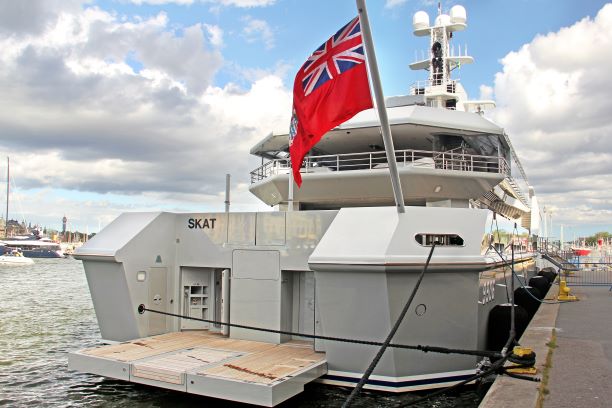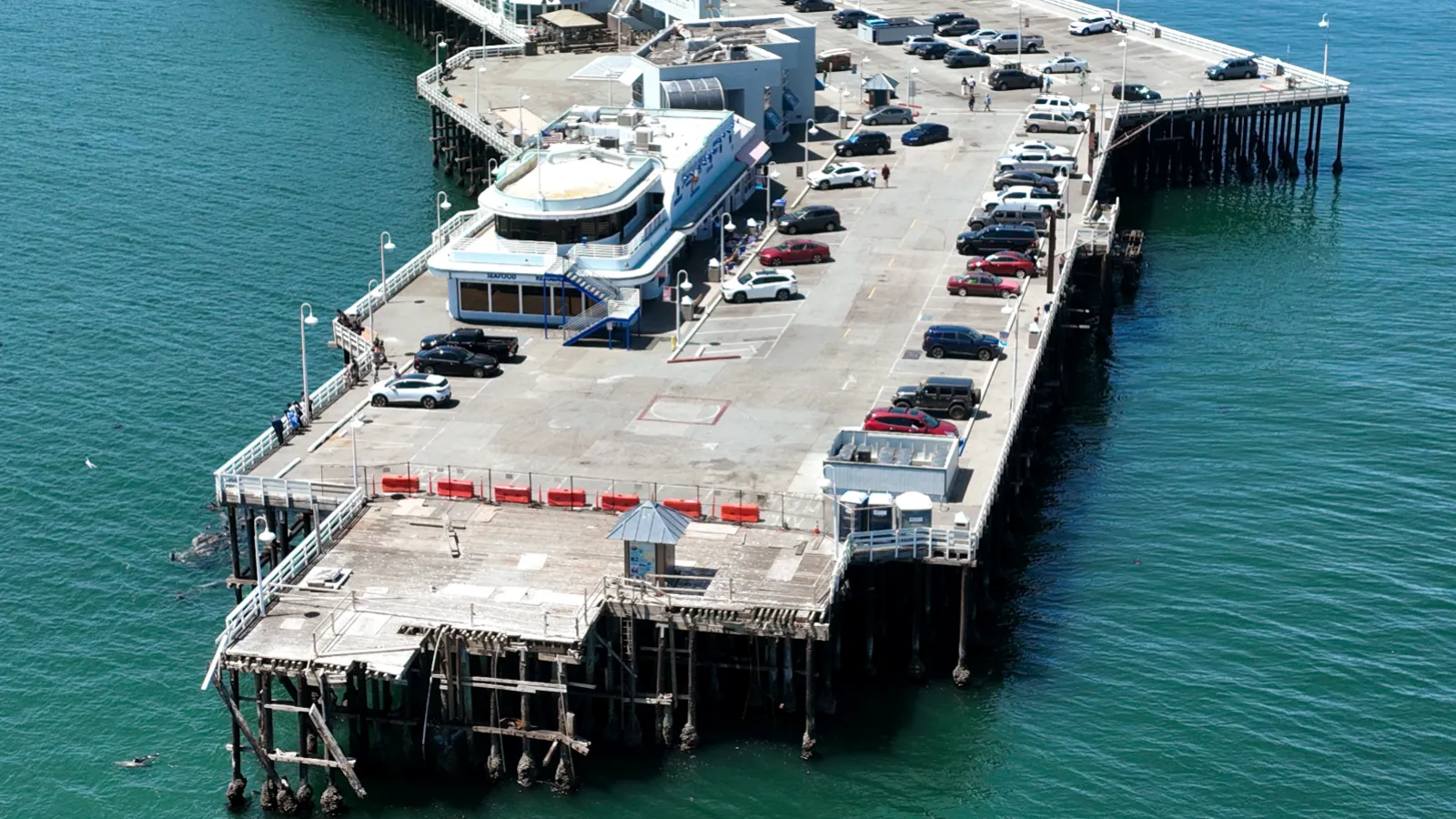Copyright caymancompass

The Cayman Islands Shipping Registry has warned all ships flying the Cayman Islands flag that sexual harassment aboard those vessels will not be tolerated. The warning was made via a Guidance Note on Sexual Harassment and Sexual Misconduct Aboard Ships that was recently published by the registry and addressed to owners, managers, operators, masters and crew of Cayman Islands ships and yachts. The guidance note stated that the shipping registry had been receiving “a regular and concerning number of complaints relating to harassment and inappropriate sexual conduct on board Cayman Islands registered vessels.” Cayman Shipping Master James Hatcher explained the reason for the issuance of the guidance note: “Anecdotally there is a significant issue and probably it is being under reported,” he said. The guidance note – distributed to more than 2,000 subscribers and shared through industry unions and welfare organisations – outlines how to report incidents and stresses that sexual harassment “will not be tolerated on board ships that fly the [Cayman] Flag.” Hatcher, whose office oversees crew welfare issues – including complaints – on behalf of crew members on Cayman-registered vessels – said that while only a small fraction of formal complaints related specifically to sexual harassment, awareness has grown in recent years. “There has recently been publicity from ourselves and other bodies which may have led to increased awareness [and] may have impacted the total reported incidents,” he said. According to the Shipping Master’s Annual Report, harassment cases accounted for 5.4% of all complaints in 2024, up from 4.7% in 2023. Registry urges victims to come forward Hatcher said the shipping registry is encouraging more mariners subjected to sexual harassment or violence to come forward, whether through official channels or third-party organisations. “We wish to make it clear it is unacceptable to happen at all and to encourage reporting, but also to put the message out that, even if you don’t wish to report to the authorities, there are other places that it can be reported,” he said. For seafarers, the isolation and power dynamics of shipboard life can make harassment and sexual violence particularly difficult to report. As the International Seafarers’ Welfare and Assistance Network explains, many fear being disbelieved, losing their jobs or having to continue working alongside perpetrators. When allegations of harassment are received by Hatcher’s office, it conducts preliminary inquiries before referring potential criminal cases to enforcement authorities. “If deemed that the allegations are founded, we would then consider what action to take, which can include removal of an endorsement,” Hatcher explained. “If deemed serious enough, we can also prepare a case for prosecution which would be passed to the Attorney General’s Chambers for consideration of criminal action.” No disciplinary actions have yet been taken for harassment-related allegations, though the shipping registry has emphasised that it holds “zero tolerance” for such behaviour and urges victims not to stay silent. The guidance note states that “some may feel that this type of behaviour is just part of the life of a seafarer and making a complaint is not going to provide a solution, but it is important to stress that any conduct that makes you feel uncomfortable is not acceptable and must be addressed.” The document also reminds shipowners and captains of their legal obligation under the Cayman Islands Merchant Shipping Act to ensure a safe working environment for all crew. Incidents that occur in international waters fall under the jurisdiction of the flag state under the United Nations Convention on the Law of the Sea. Global increase in reports The trend in Cayman mirrors global concerns across the industry. Data from the International Seafarers’ Welfare and Assistance Network reveals that 16% of all complaints to its helpline involved harassment or sexual misconduct. The network’s Welfare of Yacht Crew 2024 Annual Review found that calls related to abuse, bullying, harassment, discrimination and violence increased by 21.4% compared to the previous year, with 80% of those cases involving women. A 2024 study published in journal, International Maritime Health reported that nearly 6% of women seafarers experienced sexual assault within a single year, highlighting what researchers described as “shocking levels of abuse and harassment faced by female seafarers.” The network’s chief executive, Simon Grainge, said it remains unclear whether recent data reflects a genuine increase in incidents or greater awareness and confidence among seafarers to report misconduct. “The maritime sector has taken steps to acknowledge and begin to address abuse, bullying, harassment, discrimination and violence at sea,” he said. “However, ISWAN’s data shows that there is still some way to go to ensure that the sector provides a safe and inclusive environment for all seafarers.”



